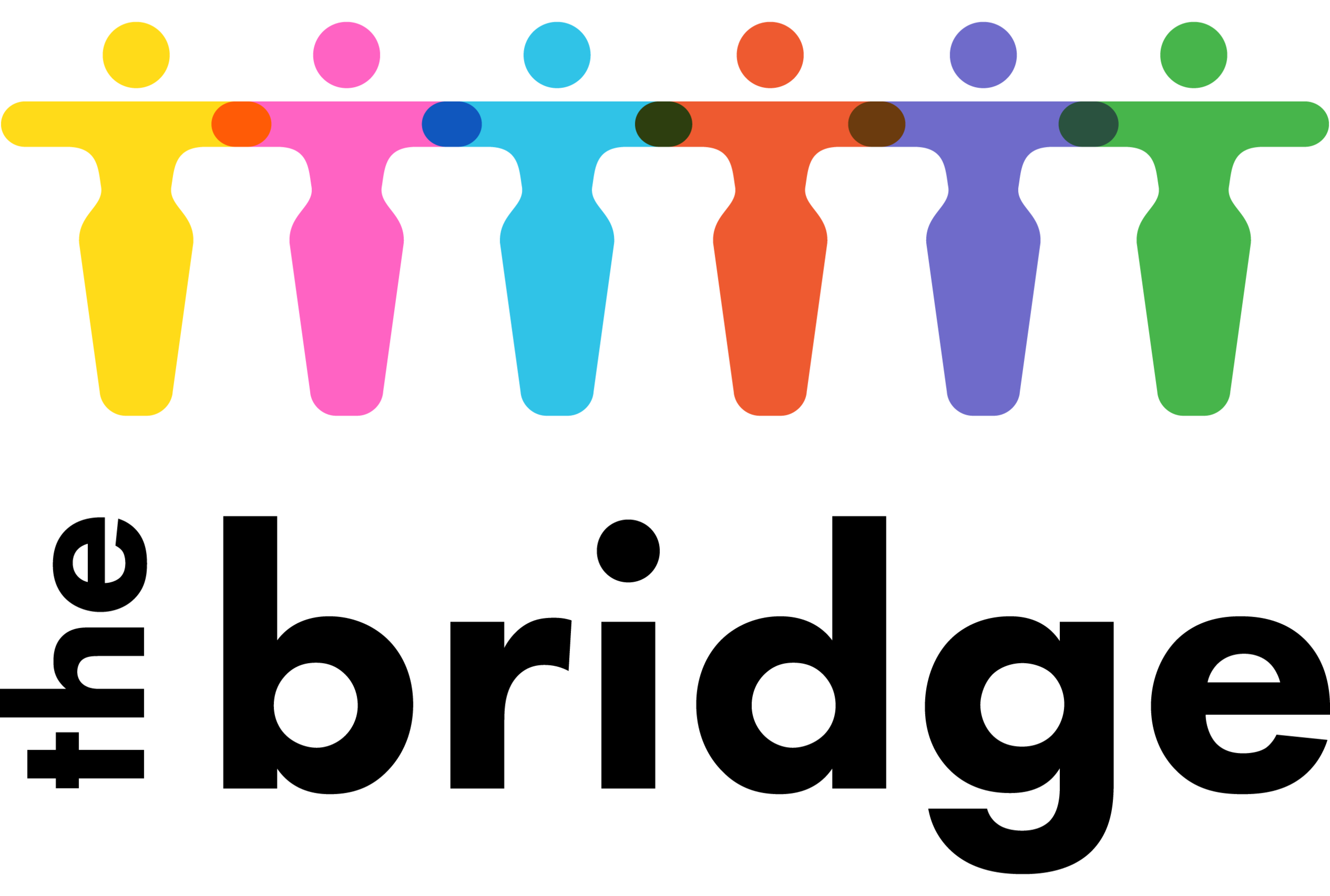how to get a great nights sleep
enter sandman – Daniele Cotton.
taking a cat nap
About 60 seconds into a talk you know you’re listening to someone passionate about their subject.
We were hanging on Daniele Cotton’s every word when he gave a talk to our ZEST programme participants. His talk was on the effects of sleep on our bodies. Daniele, a medical student studying at Imperial , studied sleep science after seeing the impact poor sleep had on his fellow student’s health. Motivated to support them, he researched ways to help them to optimise their sleeping habits.
We’re big fans of sharing something because it's good, so we took notes from Daniele’s talk to pass on his wisdom directly to you.
So – do you sleep with one eye open, or are you from the wake-up-refreshed-camp?
Sleep deprivation affects us all from time to time, making us irritable, grumpy, sleepy and forgetful. There are no moral judgements to be made about people who suffer insomnia or people who need more sleep than others, just like everything which affects humans, we are unique and have different needs. If you’ve ever said “I don’t want to go to bed because I don’t sleep” or “I have to have a nap”, you’ve probably thought that was you forever. Keep reading! We sleep for one-third of our lives, but essentially we don’t know why we sleep. What scientists and doctors do know though, is that sleep restores our minds and bodies, regulating our immune system and memory, so Danielle’s top ten tips for getting a solid night’s sleep are really important, along with saying no to naps and waving goodbye to insomnia.
Top Ten Tips for a great night’s sleep
Bedrooms and Boudoirs. Banish your computer, phone, snacks, television and paperwork. Bedrooms should be kept for sleep, getting dressed and … intimacy! If you live in a space with one room (like many medical students), apply this rule to your bed and don’t use it for anything other than sleep. If that’s completely impossible due to space, use a different coloured blanket or cover for your bed at bedtime, this will trigger your mind to see the space purely designed for slumber.
Anchor the day. As we go through the day we collect sleep fuel. So the very worst thing you can do is lose sleep fuel in the day with a nap or a late start! Anchor your day with a set pattern of going to bed and waking up at the same time each day. You’ll soon reap the benefits.
Cheeky afternoon naps? Many of us love a nap, but wake up groggy or pay the price later that night with restlessness. If you do have a nap, be strict and allow yourself just 20 minutes to avoid a slumber that leaves you irritable and confused.
Enter the Buffer zone. Ease your mind and body into a quiet rhythm as you prepare for bed. A bath is great because reducing your core temperature after a bath naturally reduces melatonin the sleepy chemical. Dim the lights and minimise stimulation such as exercise, television or scrolling on your telephone.
Caffeine. Coffee, tea and some carbonated drinks have caffeine which can stay in the body for up to 12 hours and promote alertness. Reducing caffeine from midday is a really helpful step to take to avoid lying awake in bed.
Sleep snacks? Slipping into your slippers and embarking on a midnight feast sounds like the stuff of adventures, but you’ll train your body to expect calories at night. Curtail sneaking off to the fridge partway through the night, but try a glass of water or milky drink by the bed.
Stimulus control. The concept of this cognitive behaviour therapy technique may seem backward. But the idea is that it is better to stay awake in your living room all night than to toss and turn in bed. Here is the basic process: You should loosely keep track of how long you’ve been trying to fall asleep. If you’re not sleeping within about 20 minutes, get up from bed and do something that you usually find relaxing. When you start to feel sleepy, it’s time to go back to bed. Give yourself another 20 minutes to try to fall asleep. If you don’t fall asleep in that window of time, the process can be repeated.
Blue light. Common sources of blue light include fluorescent lights, LED lights, smartphones, televisions, computer screens, e-readers, and video game consoles. It’s proven that these devices are unhelpful when getting sleep. Improve your sleeping environment and remove blue light sources in your bedroom, or if that’s impossible, try using an eye mask to block them out once you’re in bed.
Exercise. We are huge fans of exercise but try and avoid exercise anywhere from 90 minutes to 3 hours before bedtime for optimal sleep. Do something that gets your heart rate up or breaks a sweat during the day because this helps sleep but in the evening, do something like yoga or mindfulness.
“Sleep is like a dove which has landed near one's hand and stays there as long as one does not pay any attention to it”. This beautiful quote is by Austrian neurologist, psychiatrist and Holocaust survivor Viktor Frankl. The results of his work suggested that trying to sleep can make things worse, and trying to do just the opposite by trying to stay awake as long as possible will remove sleep anxiety. Don’t chase sleep. Distract your mind about the need for sleep. Even resting in bed listening to gentle music or reading can be beneficial.
Mr Sandman, bring me a dream!
Sweet dreams.

